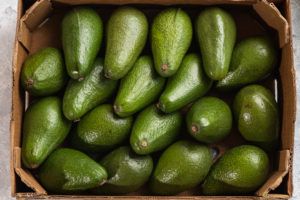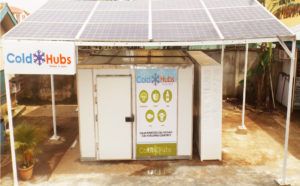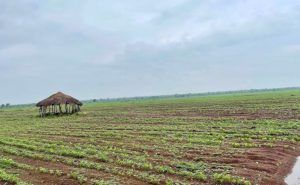
Farmerline raises $13m to connect West African farmers with services, buyers with data
The agribusiness marketplace for Ghanaian smallholders has raised $6.5 million in equity and $6.4 million in debt.

The agribusiness marketplace for Ghanaian smallholders has raised $6.5 million in equity and $6.4 million in debt.

SokoFresh provides a mobile cold storage solution for smallholders in Kenya, based on a ‘pay-as-you-store’ business model.

The accelerator plans to back 100 entrepreneurs working on financial and climate resilience innovation over the next four years.

The Kenyan retail platform connects small-scale merchants with FMCG brands and financing options so that they can grow their businesses.

Ghana’s nascent agrifoodtech sector is active, but investors lack familiarity with the market while entrepreneurs are cautious of raising capital too soon.

Fresh off its $110 million funding round, Nigeria’s TradeDepot is pushing the boundaries of digitalization and financing for Africa’s small food businesses and retailers.

Chicago-based impact investment fund VestedWorld has supported more than 20 African startups addressing critical social and market needs, like improving cost and value chain for food.

E-grocery exploded during the Covid-19 pandemic. In Nigeria, Grocedy’s focus is on helping consumers save on rising food costs rather than shopping convenience.

The Cape Town-based startup considers itself a farming company enabled by technology, rather than a tech company working in ag, says CEO James Paterson.

The South African private equity firm’s second fund invests in the tech enablement of Africa’s SME agribusinesses – the backbone of the continent’s agriculture sector.

The Ghanaian startup allows crowdfunders – which it calls ‘digifarmers’ – to invest in African smallholdings, and then digitalizes the ag value chain end-to-end.

Talmond, Safi Organics, and Yanaya are among Africa’s women-led businesses identifying untapped resources to boost farmer incomes and cultivate healthy livelihoods.

The Nigerian startup’s goal is two-fold: to offer affordable meat alternatives to African consumers, and to match local taste and texture preferences.
